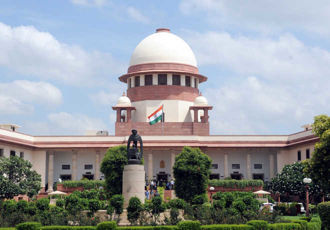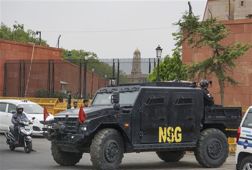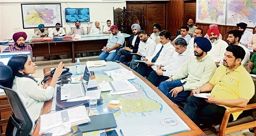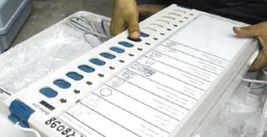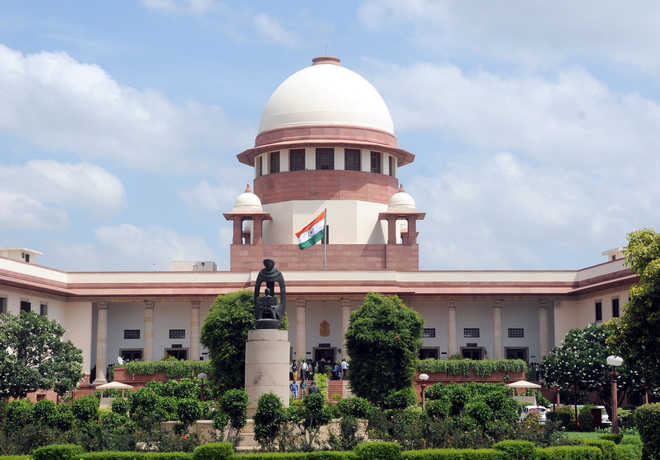
Photo for representational purpose only. Tribune file
New Delhi, December 23
The Supreme Court will take up on January 24 next year the Maharashtra Government’s curative petition challenging its verdict declaring unconstitutional a law providing for reservation in public employment and education to the Maratha community.
The top court had on May 5, 2021, quashed the reservations for the Maratha community in government jobs and educational institutions on the ground that it breached the 50% reservation ceiling without any valid grounds.
On April 11 this year, the top court had dismissed the Maharashtra Government’s petition seeking review of the 2021 verdict.
Now, the state government has filed a curative petition which is known as the last legal option available to a litigant.
There is no provision for curative petitions in the Constitution. A judicially devised mechanism in Rupa Ashok Hurra versus Ashok Hurra (2002) by the Supreme Court—curative petitions are considered to be the last hope for a litigant to get justice.
Generally, a curative petition is not taken up in open court and is heard by circulation among the members of the Bench. However, in exceptional cases, the top court can grant an open court hearing.
In its May 5, 2021 verdict, the Supreme Court had declared unconstitutional the Maharashtra State Reservation for Socially and Educationally Backward Classes (SEBC) Act, 2018 that gave reservation to the Maratha community in government jobs and education, saying it breached the 50% ceiling fixed by a nine-judge Constitution Bench in the Mandal case.
A five-judge Constitution Bench headed by Justice Ashok Bhushan (Since retired) had held that there were no extraordinary circumstances to give reservation to the Maratha community beyond the 50% ceiling prescribed in the Indra Sawhney versus Union of India, popularly known as Mandal case.
Noting that “The Marathas are dominant forward class and are in the main stream of National life,” the Bench held that “there is no case of extraordinary situation for exceeding the ceiling limit of 50% for grant of reservation to Maratha over and above 50% ceiling of reservation.”
Neither the Gaikwad Commission report nor the judgment of the Bombay High Court made out an extraordinary situation in the case of Marathas so as to exceed the ceiling of 50%, it had noted.
Join Whatsapp Channel of The Tribune for latest updates.























